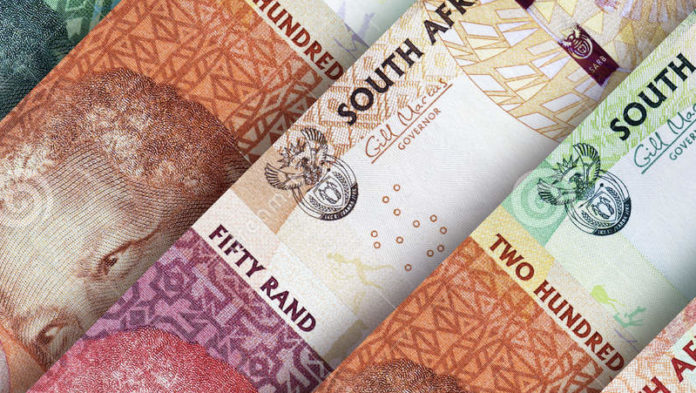
THE imputed South African discount that has long-plagued Anglo American shares will be significantly eased following a hitherto unpublicised aspect of the country’s National Budget on February 26 which dispenses with exchange controls for corporates.
Anglo said in an announcement today it welcomed a “risk-based capital flow system” replacing exchange controls as per an annexure to the budget review. Anglo said the new system was in line with international best practice.
Guidelines regarding the new system have yet to be published but Anglo spokesman Sibusiso Tshabalala said today it was effective immediately.
How this will allow Anglo American to freely distribute its share of R34.2bn in dividends announced by its listed subsidiaries Kumba Iron Ore and Anglo American Platinum earlier this month remains to be seen.
“We are encouraged by the announcement from South Africa’s Minister of Finance [Tito Mboweni] of this new system for capital flows,” said Mark Cutifani, CEO of Anglo American in a statement today. The development would give momentum to efforts to improve South Africa’s foreign investment reputation.
“We see considerable opportunity for South Africa to compete more effectively for global investment in its precious natural resources which can then help deliver a more prosperous South Africa,” he said.
For Anglo, however, the immediate benefit is being able to more effectively mobilise cash around the group where capital is required. The company goes into peak funding for its stake in the $5bn to $5.3bn Quellaveco copper mine in Peru in 2020/21.
Under the new system, all foreign exchange transactions will be allowed, except for a risk-based list of capital flow measures to be set out in a new capital flow management system to be implemented in the next 12 months, said Anglo via e-mail.
As part of this, conditions granted by the Minister for corporates with a primary listing offshore will be aligned to the current foreign direct investment criteria and/or conditions, it said. This would earn Anglo better equity ratings and narrow its discount to peers; lower the cost of capital and lower the cost of capital and hurdle rate investment in South Africa.
“This is also a further positive step towards re-establishing South Africa as a leading and competitive jurisdiction that can attract investment to support the country’s development goals,” said Anglo American.
Commenting following publication of the firm’s year-end numbers on February 20, Cutifani said that Amplats and Kumba were “the two best investment stories in South Africa by a country mile” and that “… people were investing in a great story”. He said the performance of these companies, and Anglo’s “global story” had helped narrow its discount to market to 19% from 40% previously, he said of the share price performance.










